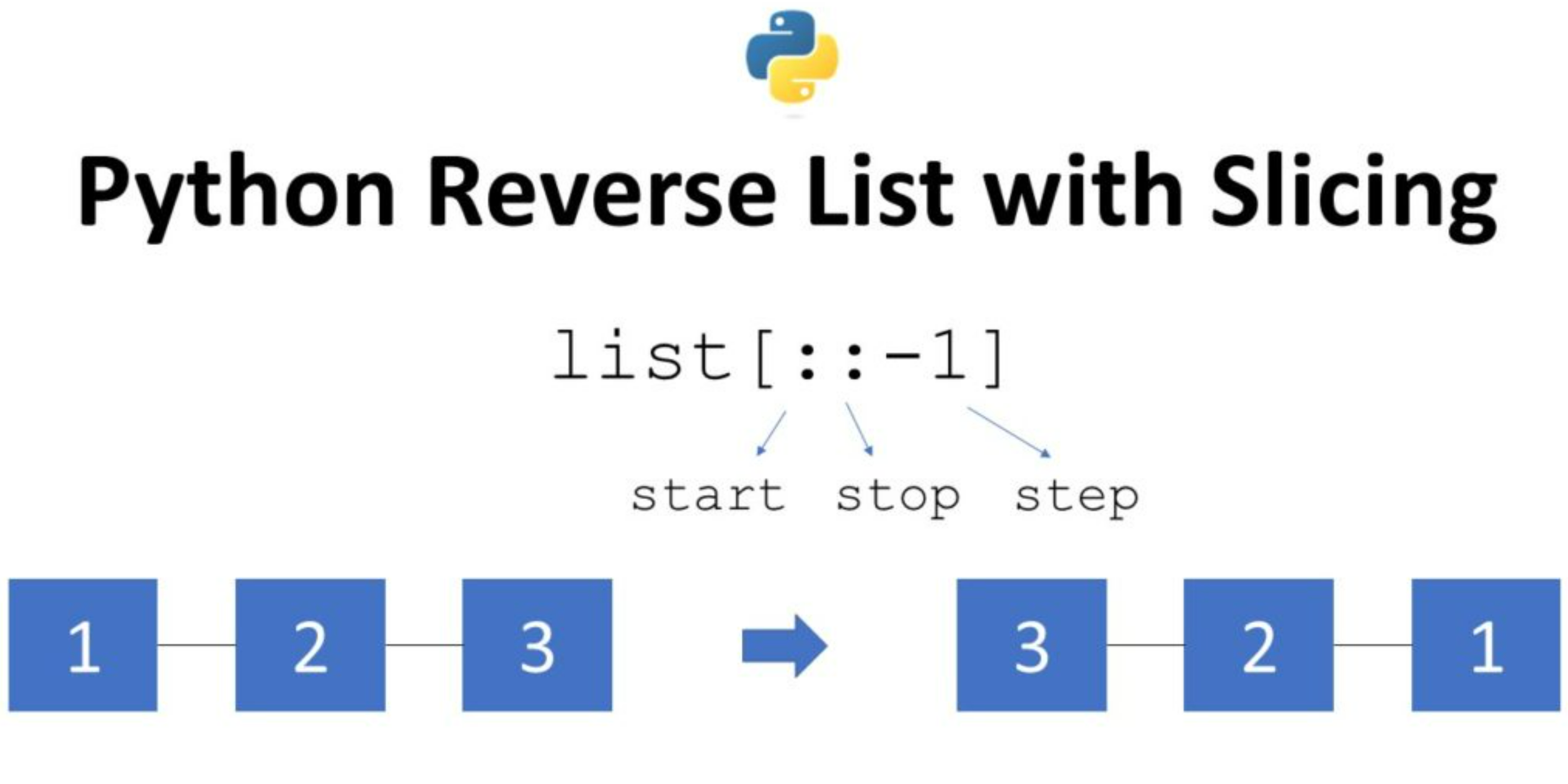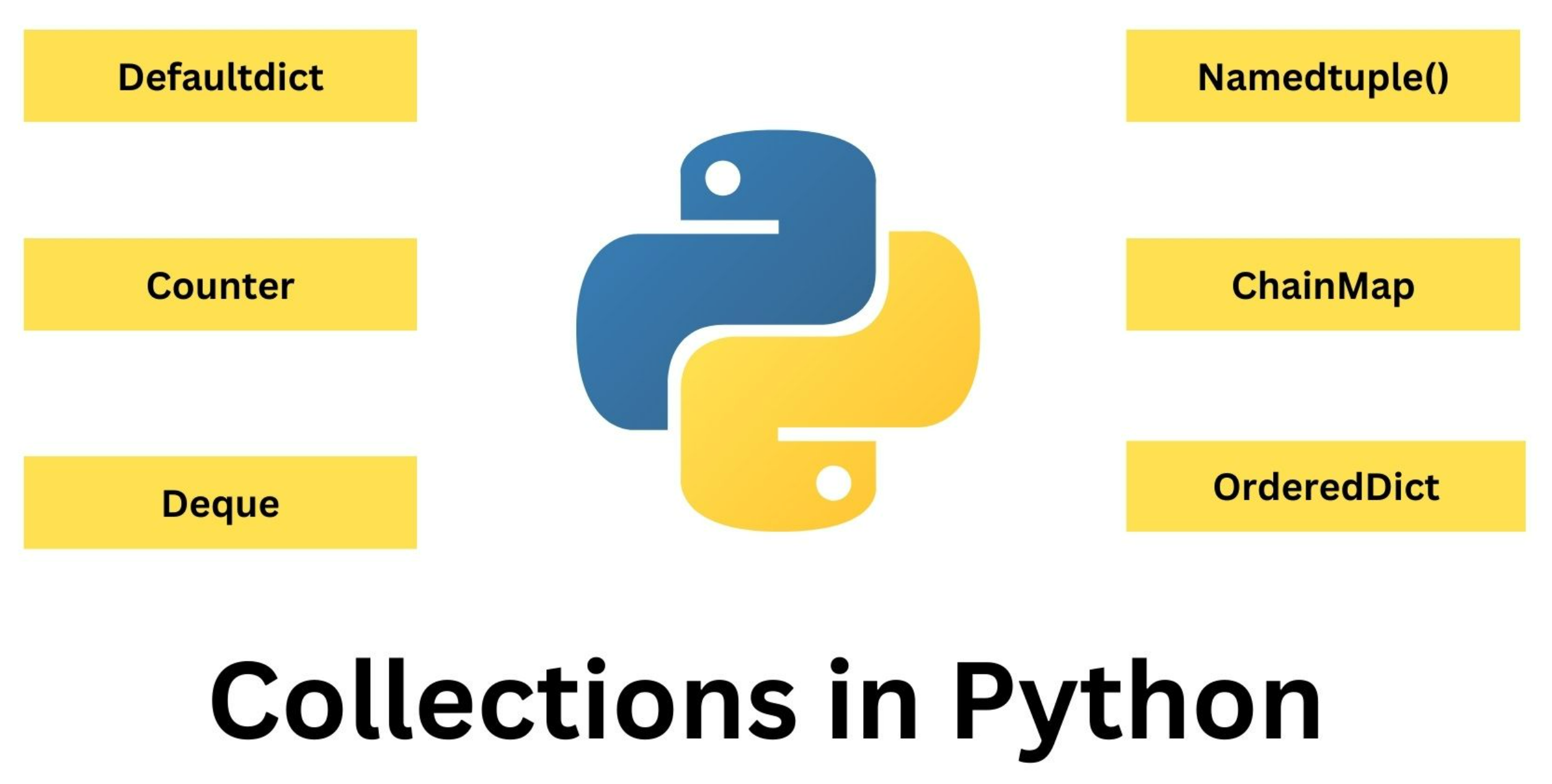
Machine Learning with Python
Lecture 3. Python slices, module Collections, refcount
Alexander Avdiushenko
October 10, 2023
Indexes of Python list

Slices
List comprehensions
Unpacking in Python
Unpacking in a loop
Comprehensions

Collections → defaultdict
Collections → deque
Collections → deque → complexities
Insertion at the beginning/end, in the middle?
O(1) and O(n) respectivelyAccess by index at the beginning/end/middle
O(1)Search for an element
O(n)Collections → OrderedDict
Collections → Counter
More interesting examples in Python

- Reference count algorithm — deletion is triggered as soon as the count hits 0, but it brings many problems (circular references, thread locking, memory and CPU overhead)
- Additional garbage collector — gc module. Three generations of an object, each with its own heuristics when launched
Never repeat this at home!
LOAD_GLOBAL namei — Loads the global named co_names[namei] onto the stack
LOAD_CONST consti — Pushes "co_consts[consti]" onto the stack
LOAD_FAST var_num — Pushes a reference to the local co_varnames[var_num] onto the stack
LOAD_CONST consti — Pushes "co_consts[consti]" onto the stack
LOAD_FAST var_num — Pushes a reference to the local co_varnames[var_num] onto the stack
CALL_FUNCTION argc — Calls a function. The low byte of argc indicates the number of positional parameters, the high byte the number of keyword parameters. On the stack, the opcode finds the keyword parameters first. For each keyword argument, the value is on top of the key. Below the keyword parameters, the positional parameters are on the stack, with the right-most parameter on top. Below the parameters, the function object to call is on the stack
POP_TOP — Removes the top-of-stack (TOS) item
POP_TOP — Removes the top-of-stack (TOS) item
Thank you for your patience!